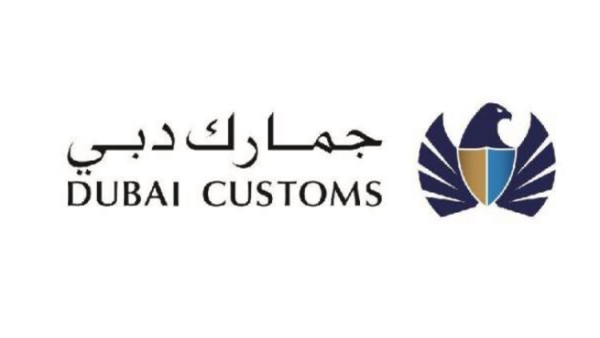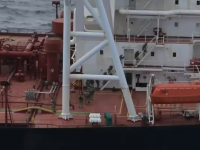Dubai Customs enhances its efforts to facilitate food products trading release during Ramadan

As part of providing best services to traders and ensuring expedite clearance of their imported goods in order to supply the local markets with food products which are increasingly demanded during the holy month, Dubai Customs continues its efforts in facilitating trade activities of foodstuff during the holy Month of Ramadan
As part of these efforts, the Customs Centres in Dubai have supported prompt operations delivery of imported food products to ensure market needs supply and combat price hike, a number of shipments are immediately released through the Risk Engine System which enables clearance transactions at 88% within less than 2 minutes, meanwhile, other remained shipments are released within short periods of time through accelerated and accurate electronic process tracking.
Foodstuff sector is one of the most essential commercial sectors which Dubai Customs keenly targets to expedite its imports to satisfy consumption needs, especially, during the month of Ramadan in which consumption indications of food products reach highest levels, in such a way that will enhance government efforts to curb price increase and ensure that consumers receive their food needs at reasonable prices.
The steadily increase in consumption of food stuff is accompanied by the increasingly trading in such items.
Dubai food foreign trade increased remarkably over the past two years, from AED 48 bn in 2010 to AED 57 bn in 2011.
Food exports amounted last year to AED 8 bn , and the re-exports value remained at AED 8 bn as well.
Rice topped the list of re-exports with a share of 12% representing AED 963 Million, followed by nuts with a share of 11% accounting for AED 867 million then sugar with a share of 6% equivalent to AED 527 million.
At the exports level, sugar ranked the first with a share of 18% worth AED 1.5 bn followed by chocolate and cocoa products with a share of 15% and a value of AED 1.25 and then milk and unsweetened cream with a share of 9% representing a value of AED 740 million.
Sugar topped Dubai`s food imports in 2012 with a share of 10% equivalent to AED 4.3 bn, followed by rice with a share of 6% represent9tng a value of AED 2.67 bn then tea with a share of 5% equivalent to AED 2.02 bn.
India ranked the first among Dubai` food import partners with a share of 14% equivalent to AED 5.84 bn, followed by Brazil with a share of 11% representing a value of AED 4.38 bn and then USA with a share of 9% at a value of AED 3.9 bn.
Saudi Arabia advanced to the first partner’s place in food exports with a share of 14% equivalent to AED 1.13 bn, followed by Iraq with a share of 13% at a value of AED 1.08 and Sultanate of Oman with a share of 11% representing a value of AED 878 million,.
At food re-export level, Sultanate of Oman’s share was 11% at a value of AED 868 million and Saudi Arabia with a share of 6% and a value of AED 498 million.
Background Information
Dubai Customs
Dubai Customs is one of the leading government departments taking part in enhancing sustainable development and promoting Dubai’s image worldwide, turning it into a principal capital, business and tourism destination, as it facilitates smooth movement of legitimate trade and leverages economic and social development, the matter which is consistent with its slogan stating "gateway to Dubai’s prosperity", because prosperity is usually based on free trade through a safe, fast and practical environment to meet the needs of people and adapt to their requirements. This in addition to DC’s main role to protect society and borders against those who try to smuggle prohibited substances to or through Dubai threatening the community safety and security.






